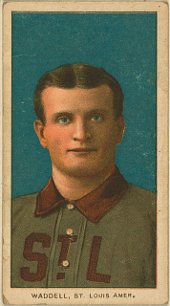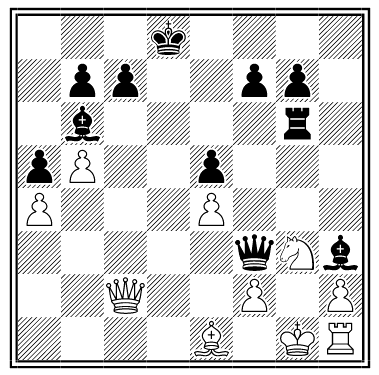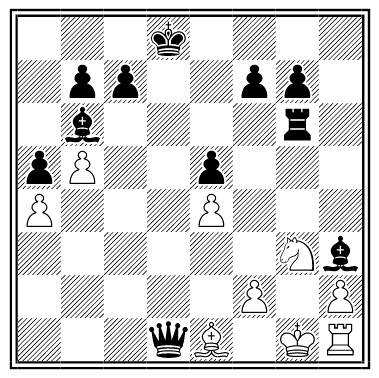Tim Krabbé published an eye-opening problem in Schaakbulletin in 1972. White must mate in 2 from this position:
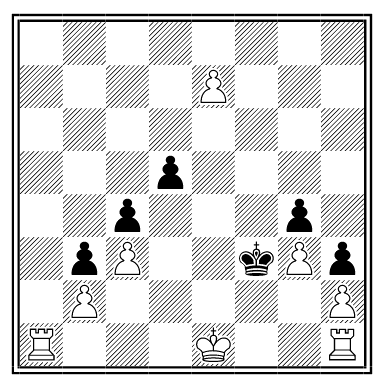
He does so with 1. e8=R! Kg2 2. O-O-O-O-O-O#:
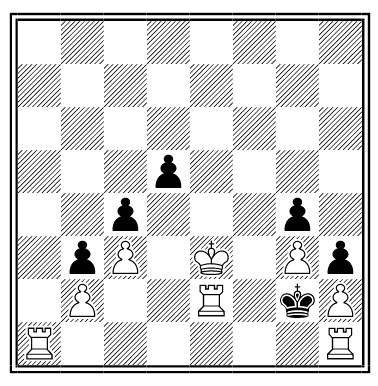
O-O-O-O-O-O denotes “vertical castling” — the king castles with the new rook on e8. Amazingly, this was arguably legal at the time — here’s how the rules defined castling:
“The king is transferred from its original square, two squares toward the rook; then that rook toward which the king has moved is transferred over the king to the square immediately adjacent to the king.”
All other stipulations are met: Neither the king nor the rook has moved previously, and the king passes through no square guarded by Black.
So, legal, right? Alas, after much debate in Dutch and Belgian chess columns, FIDE revised its rules to refer to a rook “on the same rank.” Some people have no imagination.
01/30/2012 UPDATE: I find the same idea mentioned in the April 1970 issue of the Journal of Recreational Mathematics — David Silverman says he proposed an “impossible” two-move checkmate, “a problem that generated a lot of heat,” for the Litton Problematical Recreations series following Richard Epstein’s discovery of a similar loophole in Hoyle’s Book of Rules. This anticipates Krabbé’s publication by two years.


